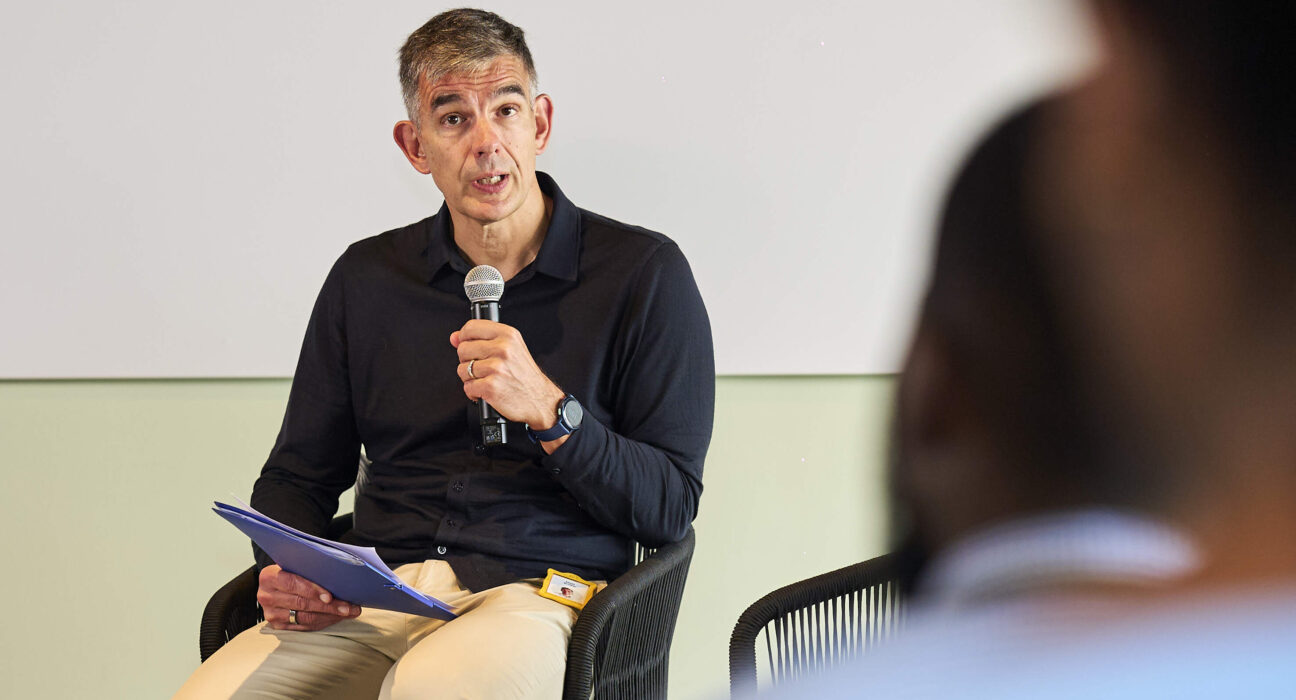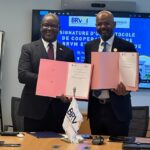During a visit to Nairobi, Matt Brittin, Google’s President of EMEA, announced a $5.8 million commitment through Google.org to enhance AI and cybersecurity training across Nigeria, Kenya, and South Africa. This funding aims to provide essential AI skills to workers, educate teenagers about the ethical use of AI, empower non-profit leaders to leverage AI for social impact, and support the public sector in developing AI solutions.
The funding will be allocated to several organizations, including:
- Data Scientists Network Foundation: A $1.5 million grant will enable the organization to establish a program to provide digital and tech training to unemployed and at-risk Nigerians, with the goal of fostering advanced skills in data science and AI.
- Nelson Mandela University and other universities: Google.org will allocate $500,000 alongside cybersecurity course content and extensive training as part of its Cybersecurity Seminars program. The initiative aims to train 200 students in hands-on cybersecurity skills while strengthening the digital defenses of 250 local organizations.
- Raspberry Pi Foundation: With $300,000 in funding, the foundation will collaborate with Young Scientists Kenya and Data Scientists Network Foundation to roll out AI literacy programs targeting Kenyan and Nigerian youth.
During his speech in Nairobi, Brittin emphasized the potential of AI to contribute $30 billion to the sub-Saharan African economy, underscoring the importance of inclusivity in this transformation. He stated, “The $5.8 million announced today will help bring people, businesses, and nonprofits along to harness technology for good.”
Jen Carter, Head of Tech & Volunteering at Google.org, added, “We’ve seen how AI can help social impact organizations accelerate and scale their work. The $5.8 million funding announced today will help organizations create AI tools that will benefit communities not just across Africa, but globally.”
Google.org’s support extends to organizations helping local businesses and nonprofits, such as funding for the AirQo project under the Google AI Impact Challenge. The project utilizes AI to measure and address air pollution in Africa. Google.org also provided a $1.4 million grant and fellowship to Jacaranda Health to advance its AI-enabled support tool, PROMPTS, which offers personalized SMS advice to new and expecting mothers in Kenya.
This recent funding builds on Google.org’s $20 million support for organizations working to develop digital skills across Africa through Google’s economic opportunity initiative. Separately, Google’s “Grow with Google” program trained over 6.5 million Africans in 2023 alone, equipping them with digital skills to advance their careers or businesses.
Google has shown its commitment to Africa’s burgeoning developer ecosystem, which includes nearly 716,000 professional developers. A Google study revealed that half of these developers have participated in one of the company’s programs.
Alex Okosi, Managing Director of Google Africa, noted, “Since opening our first office in Sub-Saharan Africa in 2007, we’ve been partners in Africa’s economic and digital transformation. Working closely with governments, policymakers, educational bodies, and entrepreneurs, digital skilling and access have been central to our efforts. We’ve enabled millions of Africans to access the internet for the first time and empowered countless businesses and creators with digital tools.”
Google’s contributions also include the establishment of an AI Research Centre in Accra, Ghana, in 2018 and a Product Development Center in Nairobi, Kenya, in 2022. Both centers leverage AI to address challenges across Africa and beyond.





